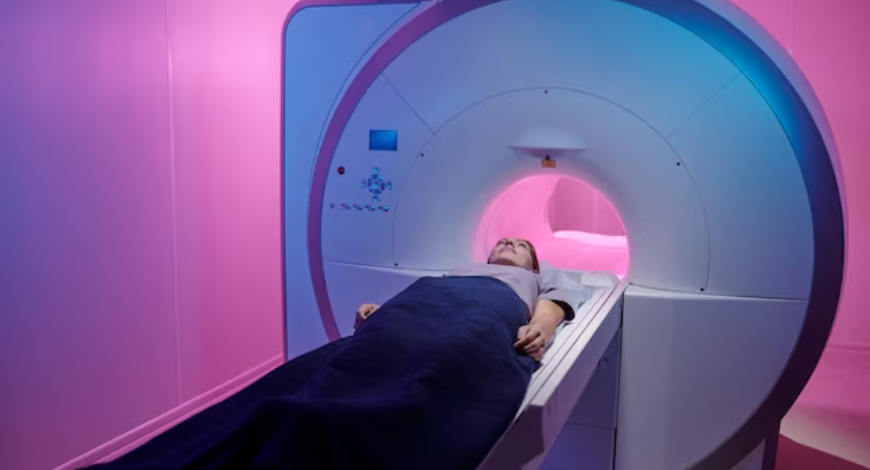When faced with a cancer diagnosis, patients often find themselves overwhelmed with a myriad of treatment options. From surgery to chemotherapy, the choices can seem daunting and confusing. This is where radiation oncologists step in to guide patients through their treatment journey, providing expertise, support, and personalized care every step of the way.
Understanding Radiation Oncology
Radiation oncology is a specialized field of medicine focused on using high-energy radiation to
treat cancer. Radiation therapy can be used as a standalone treatment or in combination with
other modalities such as surgery and chemotherapy. The goal of radiation oncologists is to
precisely target cancer cells while minimizing damage to surrounding healthy tissue, thereby
maximizing effectiveness and minimizing side effects.
The Role of Radiation Oncologists in Treatment Decisions
One of the primary responsibilities of radiation oncologists is to help patients understand their
treatment options and make informed decisions. This involves explaining the benefits and
potential risks of radiation therapy, as well as discussing alternative treatments and their
respective pros and cons. By taking the time to educate patients and answer their questions,
radiation oncologists empower them to play an active role in their care.
Personalized Treatment Plans
No two cancer cases are exactly alike, which is why radiation oncologists tailor treatment plans to each patient's unique needs. Factors such as the type and stage of cancer, as well as the patient's overall health and preferences, are taken into account when developing a personalized treatment approach. This individualized approach ensures that patients receive the most effective treatment while minimizing unnecessary interventions.
Multidisciplinary Collaboration
Radiation oncologists work closely with other members of the healthcare team, including
surgeons, medical oncologists, and primary care physicians, to coordinate comprehensive care for patients. This multidisciplinary approach ensures that all aspects of the patient's treatment and recovery are addressed, leading to better outcomes and improved quality of life.
Support Throughout the Treatment Journey
Facing cancer treatment can be emotionally and physically challenging for patients and their
families. Radiation oncologists provide not only medical expertise but also emotional support
and guidance throughout the treatment journey. From helping patients cope with side effects to
connecting them with support resources, radiation oncologists are there every step of the way.
Conclusion
In conclusion, radiation oncologists play a crucial role in guiding patients through treatment
decisions. By providing personalized care, educating patients about their options, and offering
support throughout the journey, radiation oncologists empower patients to make informed
decisions and achieve the best possible outcomes. With their expertise and compassion,
radiation oncologists are truly making a difference in the lives of cancer patients every day.


 Learn how immunotherapy can cause itchy skin in stage 4 cancer patients. Dr. Bharat Dua, the Best Radiation Oncologist in Gurugram, shares insights, and care tips.
Learn how immunotherapy can cause itchy skin in stage 4 cancer patients. Dr. Bharat Dua, the Best Radiation Oncologist in Gurugram, shares insights, and care tips..png) Modern radiation oncology targets tumors with precision while protecting healthy tissue with the Best radiation oncologist in Gurugram.
Modern radiation oncology targets tumors with precision while protecting healthy tissue with the Best radiation oncologist in Gurugram. Discover how radiation oncologists are advancing melanoma treatment with targeted radiation, modern tech, and powerful therapy combinations.
Discover how radiation oncologists are advancing melanoma treatment with targeted radiation, modern tech, and powerful therapy combinations.